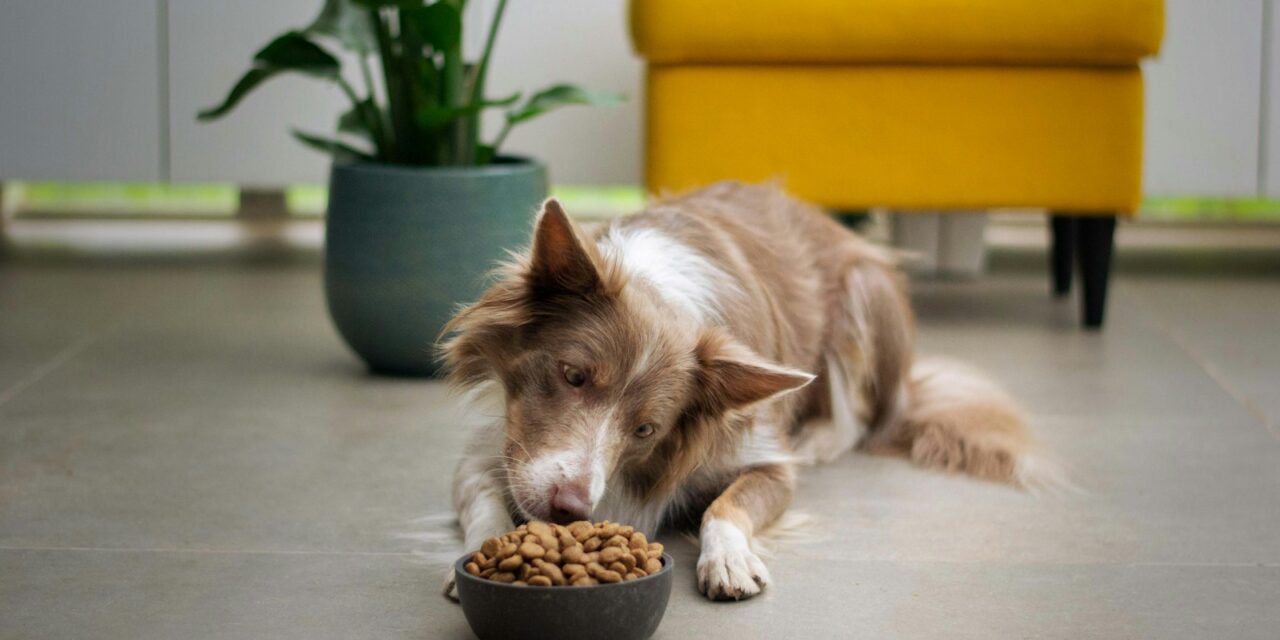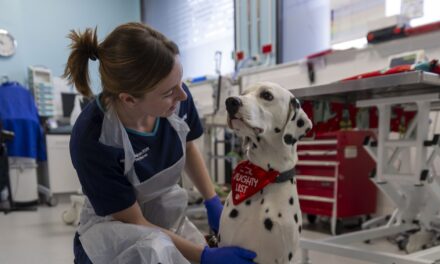The British Veterinary Association (BVA) is advocating for the veterinary profession to play a pivotal role in guiding pet owners towards healthy and sustainable diet choices for their cats and dogs.
This call to action comes as the BVA launches a new policy position addressing the growing trend of alternative pet diets.
Recent research from the BVA’s Voice of the Veterinary Profession indicates a significant shift in pet dietary habits. According to the data, 94% of companion animal vets report clients feeding their pets a raw diet, 42% encounter clients opting for meat-free diets, and 29% see clients using insect-protein as a meat substitute. Despite this shift, many pet owners do not routinely discuss dietary choices with their vets, with 60% of vets unsure of how many of their patients are on meat-free diets.
Encouraging Informed Dietary Decisions
In its new policy position, developed by a panel of experts, the BVA urges vets to engage in conversations with all cat and dog owners about their chosen diets. Vets are encouraged to record nutritional histories and any resulting health issues in their practice systems to better understand the long-term effects of these diets.
BVA President Anna Judson highlighted the importance of these conversations: “We know that owners of cats and dogs are increasingly drawn to pet diets that reflect their own personal values and lifestyle choices. We support owners making informed choices about what to feed their pets, but they must be aware that these choices play a pivotal role in the health of the animal and can also have a wider impact on human health and environmental sustainability.”
Focus on Evidence-Based Research
A key challenge identified by the BVA is the lack of long-term, evidence-based research on alternative diets. Judson emphasised the need for comprehensive data collection: “If vet teams are to maintain our position as the ‘trusted voice’ in these conversations, it’s vital that we ask the right questions and also record as much data as possible so that we can understand the long-term impact of some of these newer diets.”
The new policy does not aim to identify the ‘best’ diet for individual pets but focuses on supporting pet owners in meeting their pets’ nutritional needs while aligning with their lifestyle choices.
Enhancing Veterinary Education and Resources
The BVA’s policy position includes recommendations for changes in veterinary education to emphasise the importance of nutrition in day-one competencies for vets and nurses. Additionally, it calls for improved awareness of the need for supportive conversations with animal owners.
To aid the profession, the BVA plans to develop new public-facing resources and advocate for better labelling of pet food, including clearer information on animal by-products, a major protein source in many pet foods.
Judson added: “The issues around pet food are complex and with so much information available to pet owners from breeders, friends, online forums and other sources, we want to support all members of the vet team to feel fully confident in guiding their clients through dietary decisions. We hope that these recommendations and our upcoming resources will improve the information available to both clients and vets, supporting owners to make healthy, informed choices for their pets.”








